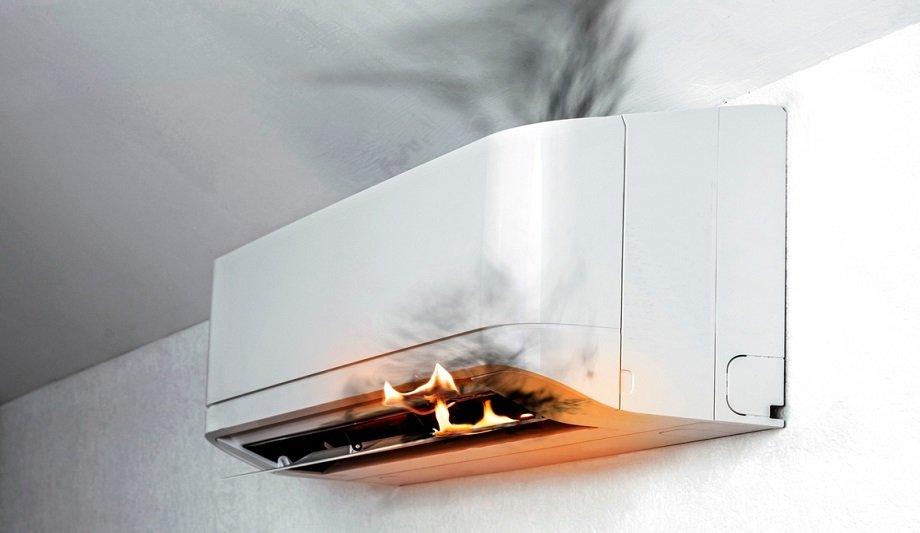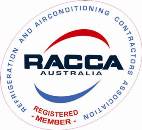
HVAC systems are at risk for fire due to things like overheating motors, poor electrical wiring, and leaky fuel lines. Consumer education about the potential fire hazards of HVAC systems aids in the prevention of fires.
The risks posed by elements like gas leaks can be considerably reduced with proper HVAC installation and maintenance.
Scheduling regular maintenance appointments on time might be a crucial preventative measure. At least once every year, heater and air conditioner systems should be inspected.
An unannounced check by a professional should be requested if there are fumes or the smell of burnt plastic. Any unpleasant odour coming from an HVAC system could be an indication of burning wires; therefore, the unit should be turned off to stop additional harm.
Deploying professionals to work on an HVAC system can ensure they are installed safely.
If a system is installed by a novice technician who lacks the training to recognise potentially hazardous circumstances, the risk of fire increases. Using expert services guarantees peace of mind.
This story and image were provided courtesy of Larry Anderson of HVACinformed.com page and was slightly edited prior to publication.
For more info, click here



